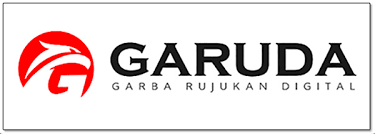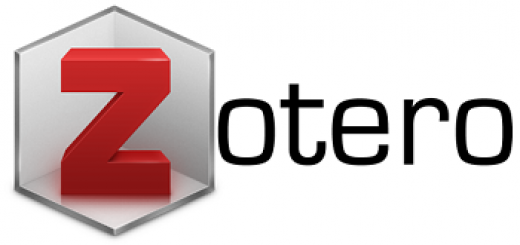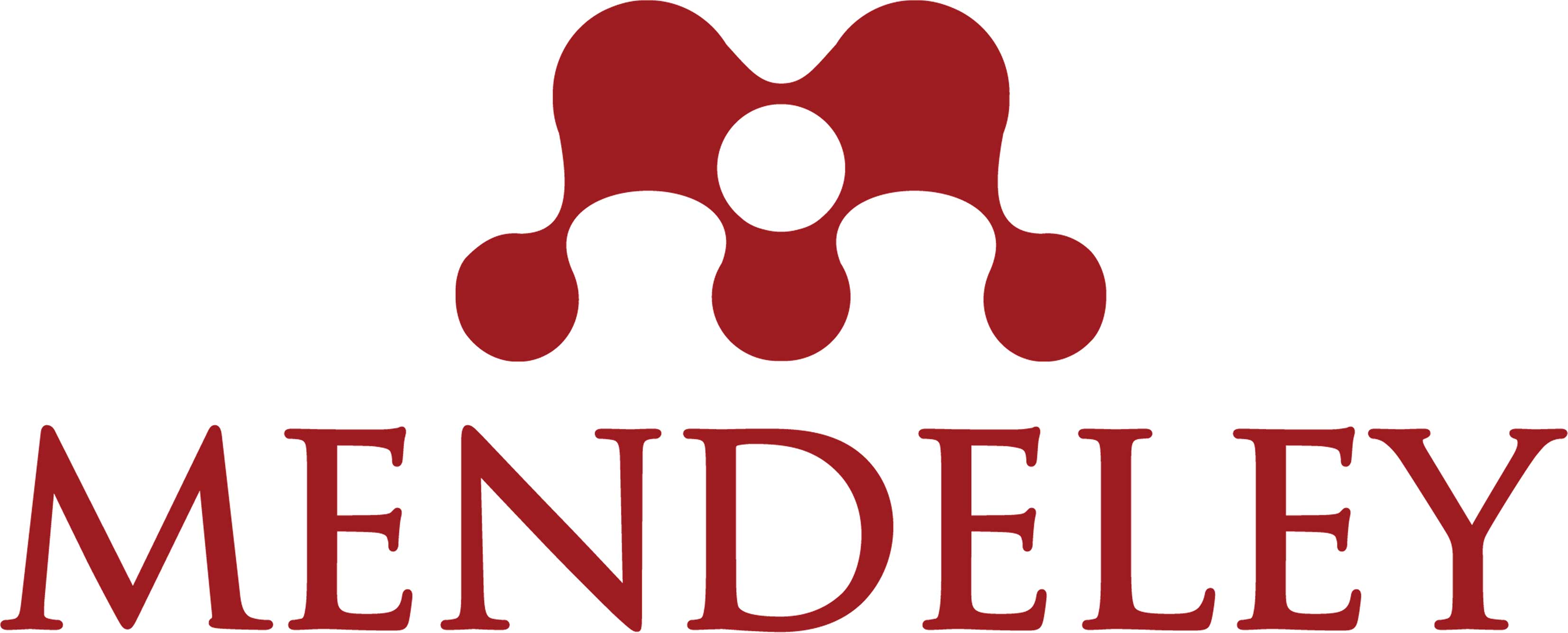Manajemen Pengetahuan Model SECI Di UPT Perpustakaan Universitas Negeri Malang
DOI:
https://doi.org/10.17977/um064v2i122022p1768-1779Keywords:
Manajemen pengatahuan, Model SECI, Perpustakaan Perguruan TinggiAbstract
Abstract: The university library is an essential component of the Indonesian state universities’ three central responsibilities (Tri Dharma) realization as it is a center of knowledge and information. As a center of intellectual property, college libraries have to disseminate existing knowledge and information to individuals, groups, or organizations. This study aims to describe the knowledge management practices at the Technical Implementation Unit Library of Universitas Negeri Malang using the SECI model and the challenges during its processes. This study used a qualitative approach with a descriptive research design. Data collection was carried out using interviews, observation, and document review techniques. The data analysis process was conducted using data condensation, data presentation, and drawing conclusions. The results of the data analysis suggested a number of results. (1) The knowledge management in the Library of Universitas Negeri Malang using the SECI model includes the socialization stage (for internal and external stakeholders), the externalization stage (ideas or opinions on service and writing innovations), the combination stage (organization catalogs by utilizing information systems), and the internalization stage (participating in activities seminars or conferences). (2) Barriers to knowledge management in Universitas Negeri Malang library are divided into two factors, namely internal organizational factors and external factors.
Keywords: Knowledge management, SECI Models, University libraries
Abstrak: Perpustakaan perguruan tinggi merupakan bagian penting dalam Tri Dharma Perguruan Tinggi Negeri yang menjadi pusat pengetahuan dan informasi.Sebagai pusat kekayaan intelektual, perpustakaan perguruan tinggi memiliki tugas untuk menyebarkan pengetahuan dan informasi yang ada baik ke individu, kelompok atau organisasi.Penelitian ini memiliki tujuan untuk mendeskripsikan penerapan manajemen pengetahuan di UPT Perpustakaan Universitas Negeri Malang dengan pendekatan model SECI serta hambatan yang terjadi dalam prosesnya.Penelitian ini menggunakan pendekatan kualitatif dengan jenis penelitian deskriptif.Pengumpulan data dilakukan dengan menggunakan teknik wawancara, observasi, dan telaah dokumen.Kegiatan analisis dimulai dengan kondensasi data, penyajian data, dan penarikan kesimpulan. Berdasarkan pada hasil analisis data yang ada, diperoleh kesimpulan sebagai berikut. (1) Penerapan Manajemen Pengetahuan di Perpustakaan Universitas Negeri Malang dengan analisis model SECI meliputi tahap sosialisasi yaitu internal dan eksternal, tahap eksternalisasi meliputi ide atau gagasan pada inovasi layanan dan tulisan, tahap kombinasi yaitu pengorganisasian katalog dengan memanfaatkan sistem informasi, dan tahap internalisasi meliputi mengikuti kegiatan seminar atau konferensi. (2) Hambatan dari penerapan manajemen di perpustakaan Universitas negeri malang dibagi menjadi dua faktor yaitu faktor internal organisasi dan faktor eksternal.
Kata kunci: Manajemen pengetahuan, Model SECI, Perpustakaan perguruan tinggi
References
Agyemang, B. K., Ngulube, P., & Dube, L. (2019). Utilising knowledge management methods to manage beads-making indigenous knowledge among the Krobo communities in Ghana. SA Journal of Information Management, 21(1), 1–10. https://doi.org/10.4102/sajim.v21i1.1008
Al-Tit, A. A., Al-Ayed, S., Alhammadi, A., Hunitie, M., Alsarayreh, A., & Albassam, W. (2022). The Impact of Employee Development Practices on Human Capital and Social Capital: The Mediating Contribution of Knowledge Management. Journal of Open Innovation: Technology, Market, and Complexity, 8(4). https://doi.org/10.3390/joitmc8040218
Alimuddin, Z., Tjakraatmadja, J. H., Ghazali, A., & Ginting, H. (2021). Using seci to improve teachers’ pedagogical content knowledge. Electronic Journal of Knowledge Management, 19(1), 1–14. https://doi.org/10.34190/ejkm.19.1.2146
Anggoro, B. K., Hubeis, M., & Sailah, I. (2017). Identifikasi Model Manajemen Pengetahuan Universitas Swasta di Jakarta. Jurnal Ilmu Pendidikan, 23(2), 108–116.
Anggoro, B. K., Hubeis, M., & Sailah, I. (2018). Information system interoperability maturity model. Bulletin of Social Informatics Theory and Application, 2(1), 22–33. https://doi.org/10.31763/businta.v2i1.103
Asim, Z., & Sorooshian, S. (2019). Exploring the role of knowledge, innovation and technology management (KNIT) capabilities that influence research and development. Journal of Open Innovation: Technology, Market, and Complexity, 5(2). https://doi.org/10.3390/joitmc5020021
Creswell, J. W. (2014). Research design: qualitative, quantitative, and mixed methods approache. In Nucl. Phys. (4th ed.). Sage Publication.
Fankhauser, S. C., Reid, G., Mirzoyan, G., Meaders, C., & Ho-Shing, O. (2021). Participating in the scientific publication process: exploring how pre-college students perceive publication within the scientific enterprise. Disciplinary and Interdisciplinary Science Education Research, 3(1). https://doi.org/10.1186/s43031-021-00032-z
Guo, X., & Xue, Y. (2020). The professional education ecosystem of industrial design at Georgia Institute of technology based on SECI model. E3S Web of Conferences, 179, 1–8. https://doi.org/10.1051/e3sconf/202017902032
Hasibuan, L. T. (2017). Analisis Penerapan Manajemen Pengetahuan di Perpustakaan Universitas Islam Negeri Sumatera Utara [Universitas Islam Negeri Sumatera Utara]. http://repositori.usu.ac.id/handle/123456789/4257
Hidayatullah, L. I. (2020). Penerapan Knowledge Management Di Sekolah Dasar Muhammadiyah 1 Alternatif (Mutual) Kota Magelang [Universitas Muhammadiyah Surakarta]. http://eprints.ums.ac.id/id/eprint/82984
Nkomo, L., Maluleka, J. R., & Ngulube, P. (2021). Sharing is caring: Knowledge sharing at the city of Johannesburg Library and Information Services. SA Journal of Information Management, 23(1), 1–10. https://doi.org/10.4102/sajim.v23i1.1354
Nonaka, I., & Takeuchi, H. (1995). The Knowledge-Creating Company: How Japanese Companies Create the Dynamics of Innovation. In Oxford University Press: Vol. II (Issue 6).
Nonaka, I., Toyama, R., & Konno, N. (2000). SECI, Ba and Leadership: A Unified Model of Dynamic Knowledge Creation. Long Range Planning, 33(1), 5–34. https://doi.org/10.1016/S0024-6301(99)00115-6
Standar Nasional Perpustakaan Perguruan Tinggi, Pub. L. No. 13 Tahun 2017, 12 (2017). https://jdih.perpusnas.go.id/file_peraturan/Perka_13_2017_SNP_Perpustakaan_Perguruan_Tinggi.pdf
Praspasetyo, B. (2017). Peran Perpustakaan dalam Penerapan Knowledge Management di Badan Tenaga Nuklir Nasional (Batan) Puspiptek [UIN Syarif Hidayatullah Jakarta]. https://repository.uinjkt.ac.id/dspace/bitstream/123456789/34473/2/BAMAS PRASPASETYO-FAH.pdf
Shu, W., Pang, S., & Chen, M. (2022). Achieving structured knowledge management with a novel online group decision support system. Information Development, 38(1), 23–39. https://doi.org/10.1177/0266666920969842
Sidik, R., & Fitriawati, M. (2018). Seci Implementation Model: Supporting Efforts to Preserve Sundanese Concept Culture. IOP Conference Series: Materials Science and Engineering, 407(1), 1–7. https://doi.org/10.1088/1757-899X/407/1/012130
Sirorei, E. C., & Fombad, M. C. (2019). Knowledge management processes at St Paul’s University Library in Kenya. SA Journal of Information Management, 21(1), 1–9. https://doi.org/10.4102/sajim.v21i1.946
Tomé, E., Gromova, E., & Hatch, A. (2022). Knowledge management and COVID-19: Technology, people and processes. Knowledge and Process Management, 29(1), 70–78. https://doi.org/10.1002/kpm.1699
Tsuji, L. C. (2022). Organizational Knowledge Creation in a World of Full-Time Remote Work: Impacts to Socialization, Externalization, Combination, and Internalization of Knowledge [Robert Morris University PP]. In ProQuest Dissertations and Theses. https://www.proquest.com/dissertations-theses/organizational-knowledge-creation-world-full-time/docview/2675540021/se-2
Tzavidas, E., Enevoldsen, P., & Xydis, G. (2020). A University-industry knowledge transfer online education approach via a cloud-based database global solution. Smart Learning Environments, 7(1). https://doi.org/10.1186/s40561-020-00128-5
Downloads
Published
How to Cite
Issue
Section
License
Copyright (c) 2022 Reza Fawzia Ahmad, Imam Suyitno, Taufiq Kurniawan, Bayu Koen Anggoro

This work is licensed under a Creative Commons Attribution-ShareAlike 4.0 International License.





























